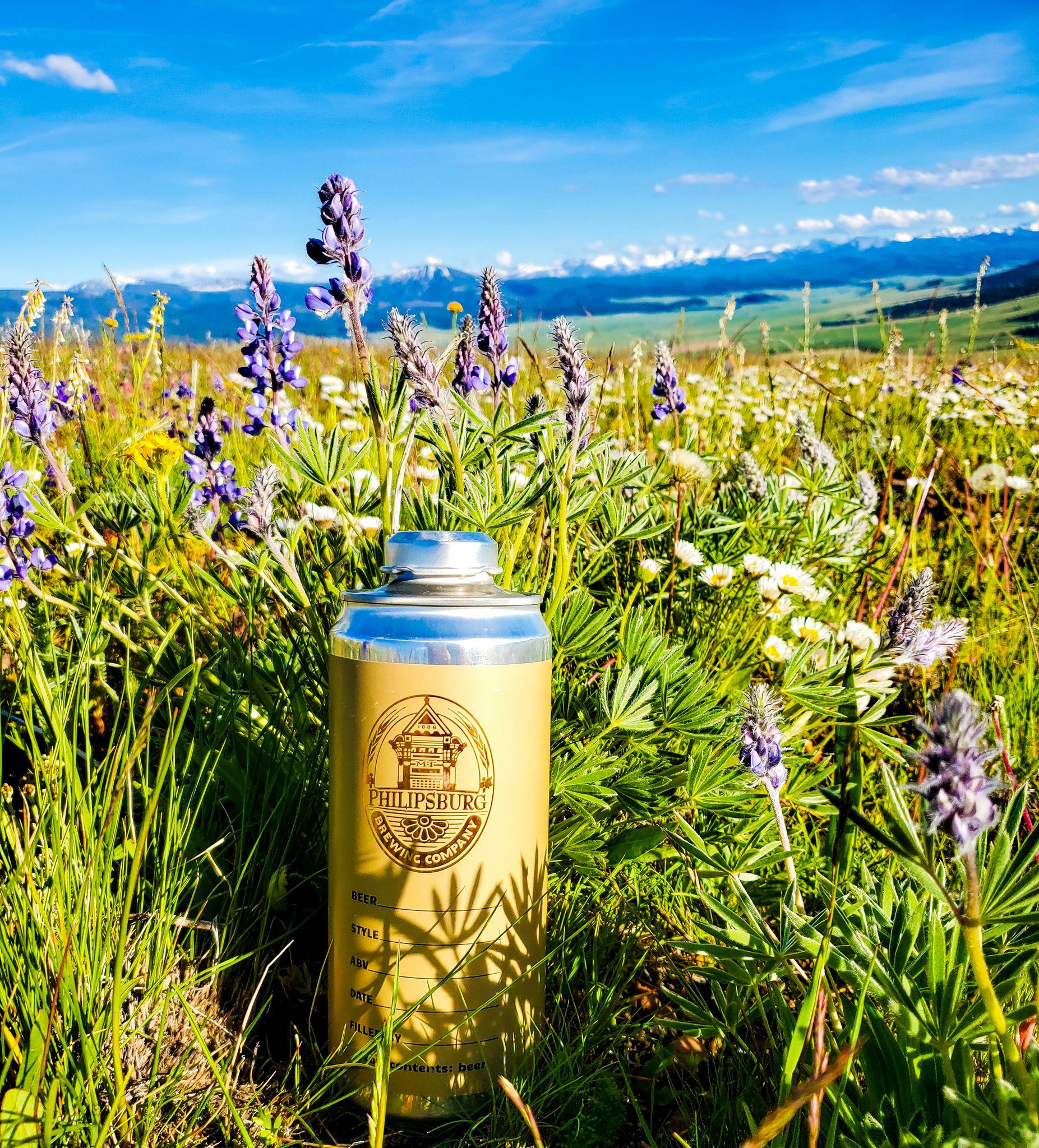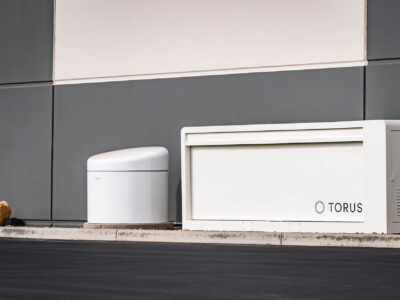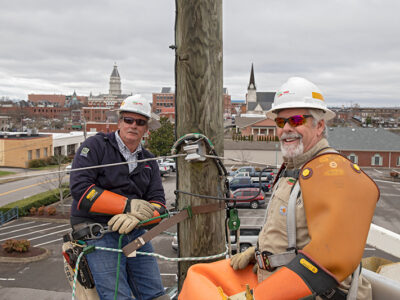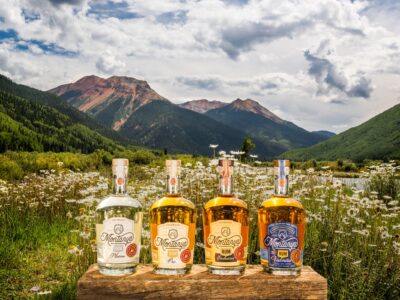In a small town in Montana, sitting in a stately late 19th-century structure on a quaint Western main street, a local brewery occupies what was once a bank vault at the beginning of the 1900s. Philipsburg Brewing Company calls this location one of their two, “The Vault.”
The brewery is in a town of the same name – Philipsburg – a mining town founded in 1866.
Today, the town has a modest population of 937, but the silver and sapphire boom of the late 1800s made Philipsburg a money mine shortly after the more well-known Gold Rush. The town is a midpoint between iconic Yellowstone and Glacier National Parks, and as domestic travel has rebounded, so too has the popularity of this American West town.
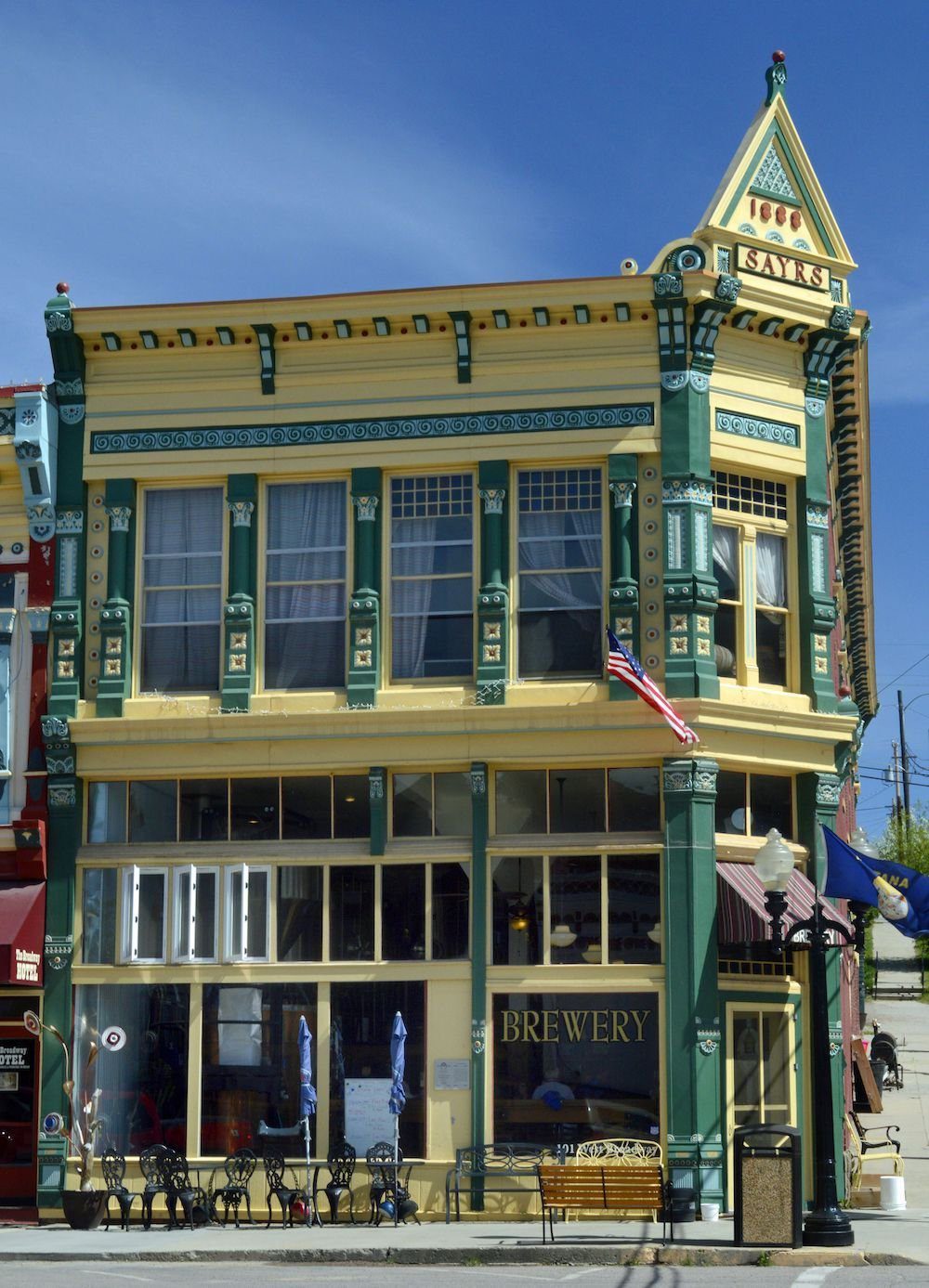
While the craft beer producer’s physical home is longstanding, Philipsburg Brewery was founded relatively recently in 2012 and has seen tremendous success. Offering a unique entree into historic Philipsburg and a bygone era, the craft brewery honors its locale with a rare mission: to become a self-sustaining brewing company.
Brewing beer is a resource-intensive process, and many breweries bring in select ingredients from other locations to avoid paying a premium. In most cases, this can result in lower quality ingredients produced in mass for many brewers or agricultural organizations and drive up the product’s carbon footprint. Like buying groceries locally, sourcing ingredients locally may have a slight price increase, but the benefits often outweigh the costs. This approach allows communities to put capital back into their local small businesses, supporting other owners in the area. The short transportation distance means the products are not being loaded onto pollution-emitting vehicles for long hauls, limiting their environmental impact and passing on that sustainability grade to their final form. Perhaps most crucially, sourcing locally to be self-sustaining accentuates local identity, emphasizing what makes the spot unique for residents and tourists alike.
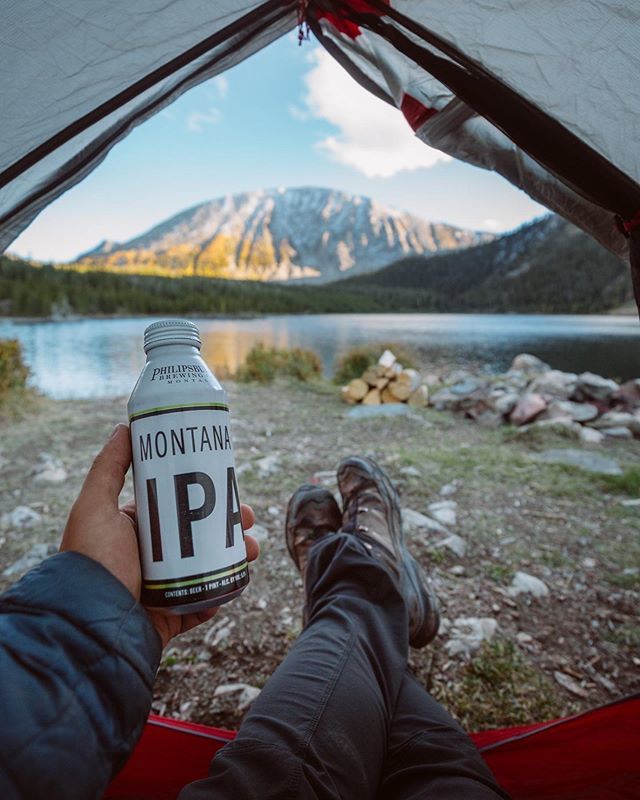
Philipsburg Brewing seems to have struck a strong balance of these benefits across multiple product offerings. Their “Don’t Call Me Honey” Saison uses sage and honey from a local outfitter, Kate’s Honey. The brewery’s “Corner Porter” boasts a similar link to local business, using four gallons of a nearby coffee roastery’s cold brew to accentuate the caffeinated undertones in this dark ale while their 12% ABV Double brew, “Bourbon Barrel Aged Badfinger,” sources Bourbon Barrels from a distillery in nearby Butte.
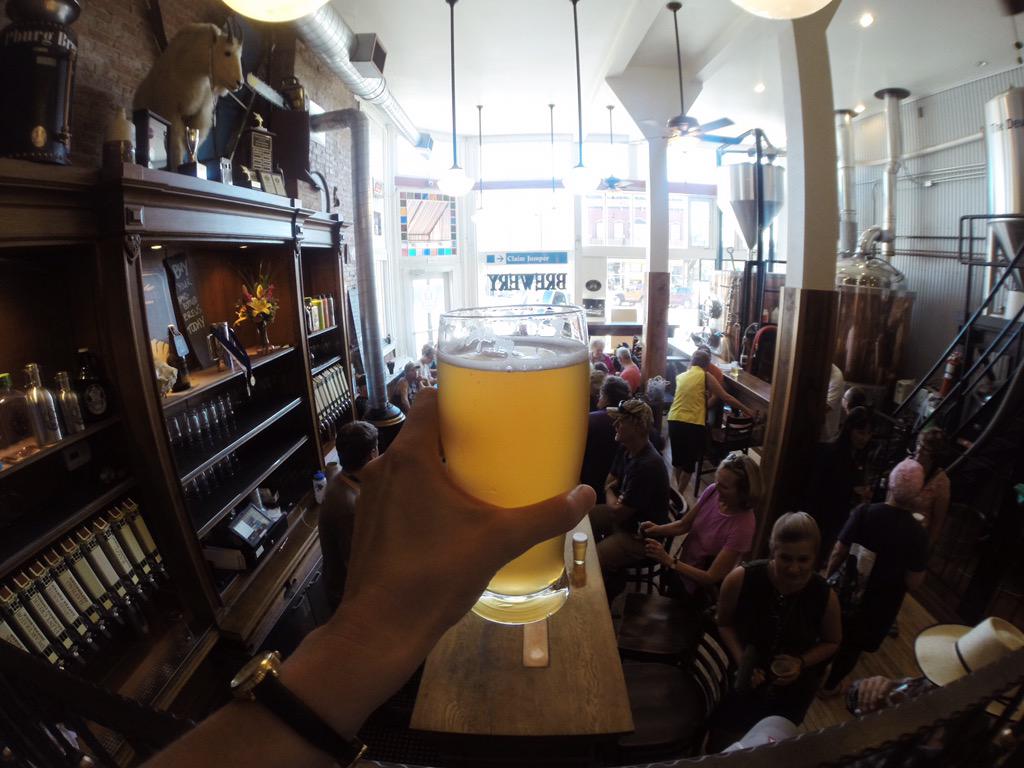
Located in a town whose fortune has stemmed from Mother Nature herself, Philipsburg brewing recognizes the invaluable contributions it can make to preserving its surroundings (beyond just serving great brews). Various environmental programs have even helped Philipsburg Brewing earn the 2019 Ecostar Pollution Prevention Award. While their initiatives do vary across the two locations, hallmark sustainability actions have included replacing their heat changer and hot liquor reclamation system to improve efficiency through decreasing wastewater, switching to “Alumi-Tek” bottles for packaging – the most sustainable and recyclable bottle option – and donating over 200,000 pounds of spent grain to local livestock. Further, Philipsburg Brewing is one of six breweries working with Montana State University’s Sustainability Pilot Program that, in 2018, resulted in the brewery’s cardboard reduction project – decreasing annual cardboard use by 3.5 tons annually.
In a town where silver and gems were once the prized possession over a century ago, a new sort of treasure has made its way into the town’s old bank vault today.

